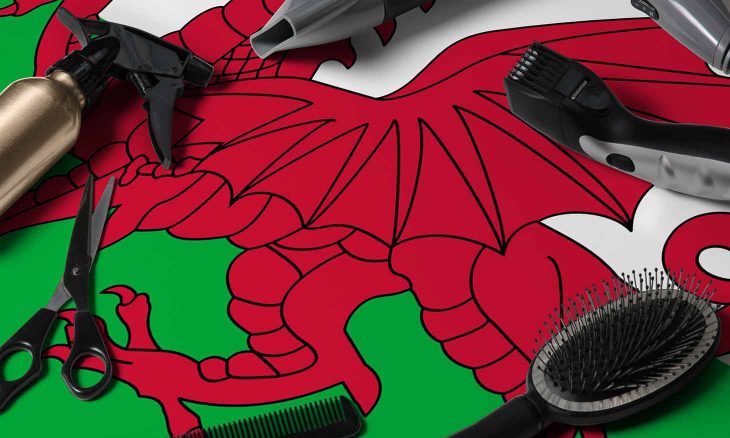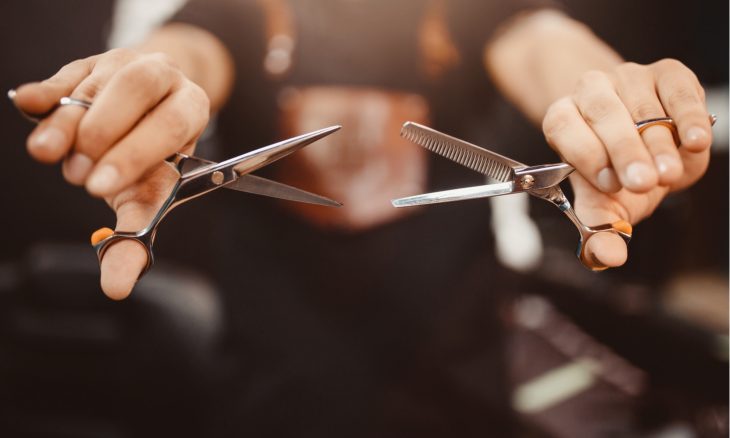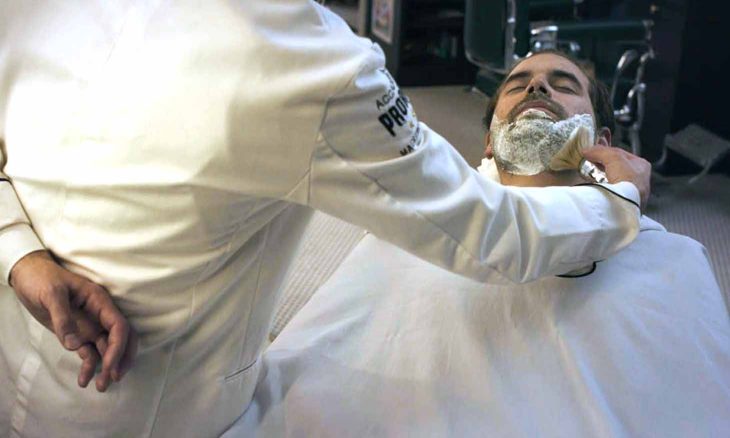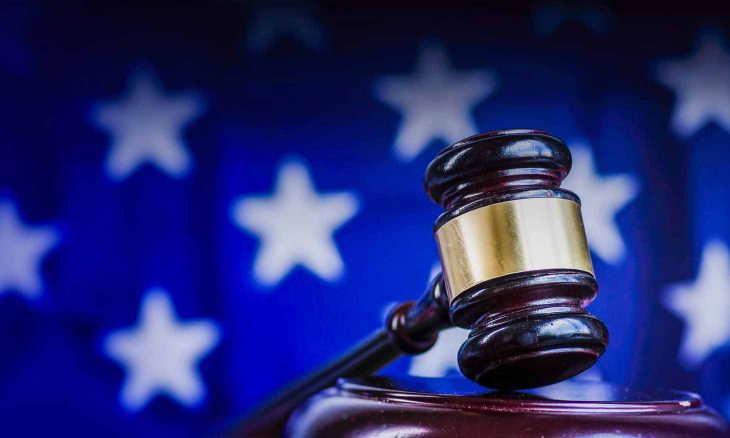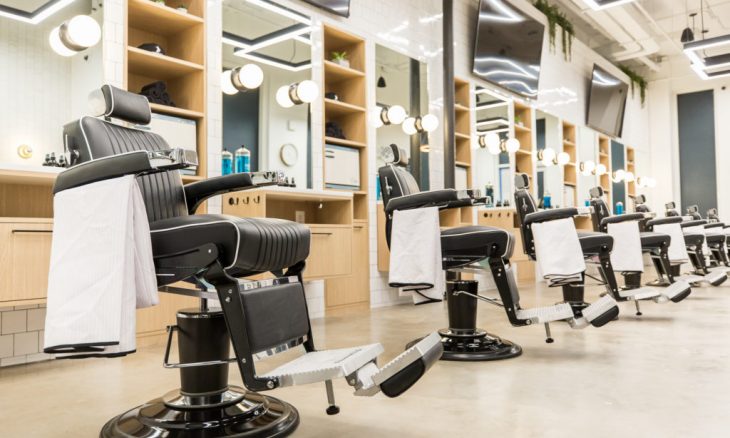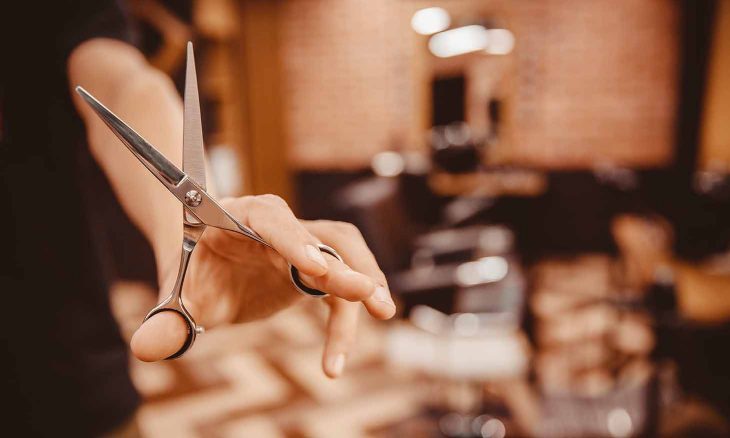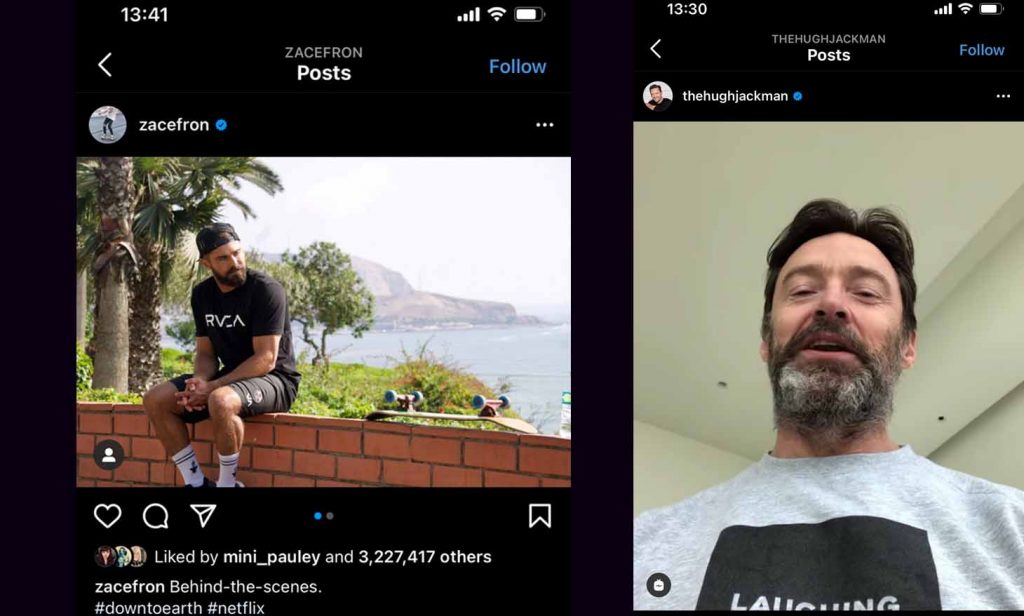The First Minister for Wales, Mark Drakeford, has today announced that hair and barbering businesses, including mobile, will reopen from Monday 15 March. The decision means that beauty businesses (that is close contact services, which includes nail salons and eyebrow bars) must remain closed until 12th April, in line with England’s re-opening of non-essential businesses. The current measures are reviewed in three weeks’ time.
While pleased that those in hair and barbering can begin trading again from Monday, the NHBF is deeply disappointed with the Welsh Government’s decision to stagger the reopening of the sector without providing any scientific evidence to support the move.
The NHBF has stressed the damage that such a move will do to public confidence in the beauty sector and is continuing to make the case for the whole personal care sector to be reopened as soon as possible.
- What Welsh hair and barber businesses need to know:
- Services that relate to cutting or treating hair on the head can be provided.
- Trimming or shaving facial hair (for example beards, moustaches or eyebrows) is not permitted.
- ALL other close contact services will remain closed in Wales until further notice.
- Staff should wear a Type II mask and a clear visor that covers the forehead, extends below the chin and wraps around the face.
- The mask and visor are in addition to the PPE you normally wear when carrying out treatments, for example gloves or aprons. The government guidelines also state that the most effective methods of preventing transmission of the virus are still social distancing and regular handwashing.
- All hair and barbering businesses in Wales, whether premises based or mobile, must operate on a strict appointment-only basis. The guidance for Wales states that you should ask clients for each client’s contact details on the day of their appointment to help with the government’s ‘Test, Trace, Protect’ service.
Financial Support
- The business rates holiday has been extended for the rest of the financial year.
- Personal care businesses that pay business rates and have to remain closed will be able to claim for a third grant of between £4-5,000.
- Those who have previously received a grant from the Business Restrictions Fund will receive the payment in March.
- Any business which has not previously claimed can register with their local authority from Monday 15 March until 5.00pm on 31 March.
The NHBF is pushing for further financial support for businesses which remain closed, those who either will face a significant shortfall or for whom it is not financially viable to reopen if they cannot offer full services.
Richard Lambert, NHBF Chief Executive said “The fact that hair salons and barbershops, as well as mobile stylists, can get back to work is good news, but we are baffled by the decision to phase the reopening of our whole sector. There seems to be no clear explanation or evidence for delaying the beauty sector re-opening. It’s like allowing bookshops to re-open but keeping the non-fiction section closed.”
“These businesses are literally on the brink. We know that financial support from the Welsh Government, whilst welcome, is just not meeting the fixed costs businesses have going out each month. We have lost ten per cent of the industry already, with more to follow unless we can get doors open and money coming in. If the Welsh Government is adamant that this is not yet possible, then they must ensure that financial support gets through to these businesses in dire need before more go under.”
The NHBF is pushing for further financial support for businesses which either will face a significant shortfall or for whom it is not financially viable to reopen if they cannot offer full services.
Hair and barbering businesses must follow the Welsh Government’s updated guidance which is available at https://gov.wales/covid-19-alert-levels and as previously, are legally required to carry out a COVID-19 risk assessment.
More information on the latest announcement can be found via the NHBF Coronavirus Hub at www.nhbf.co.uk/coronavirus.


